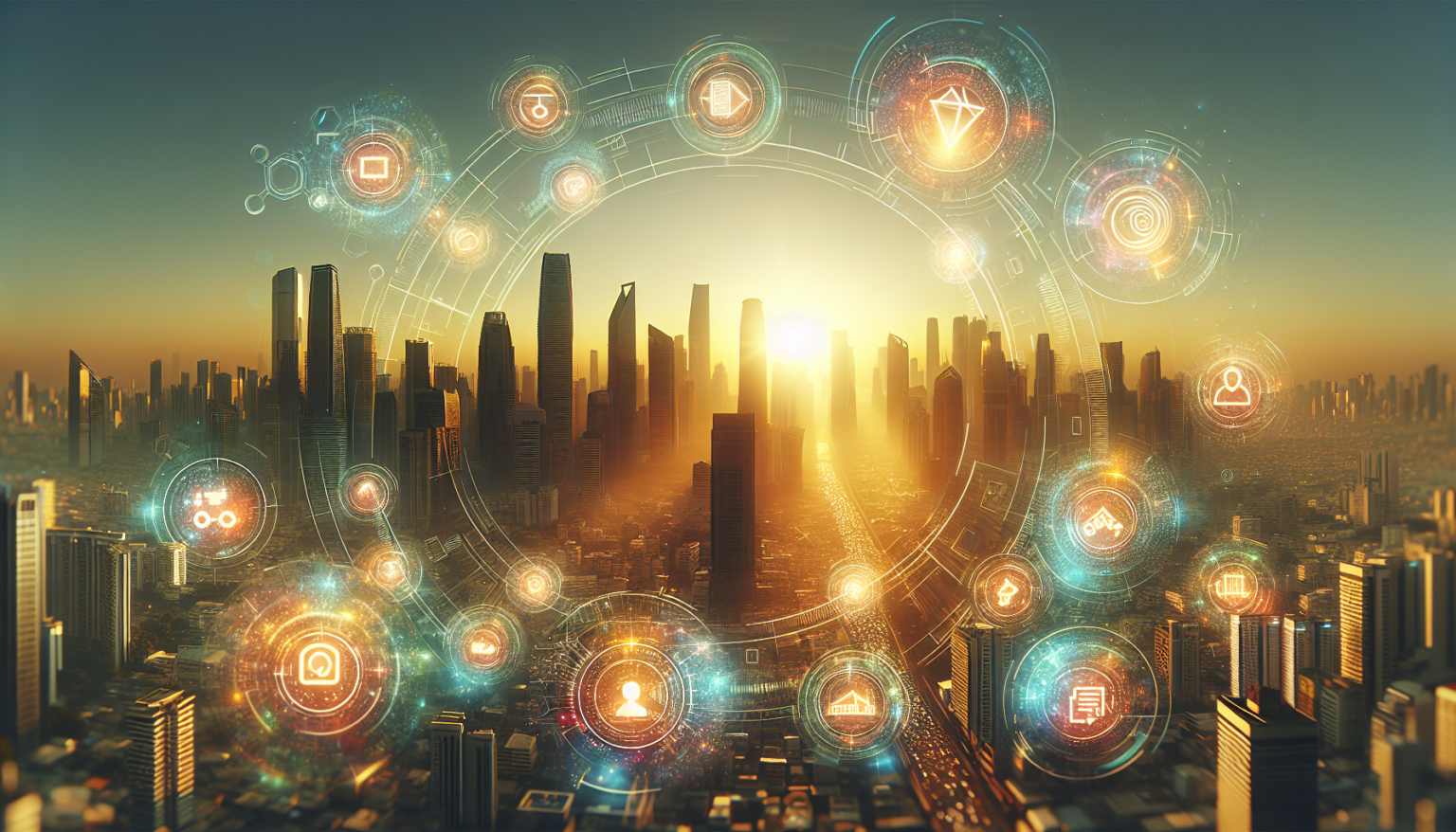The Concept of Tokenization
What is Tokenization?
Tokenization refers to the process of converting rights to a particular asset into a digital token on a blockchain. This can apply to a wide array of assets, including real estate, art pieces, vehicles, and more. Each token represents a share of ownership or a claim to an asset, making it a flexible financial instrument that democratizes access to investments.
The Mechanics of Tokenizing Tangible Assets
When tangible assets are tokenized, a portion of their value is represented in the digital space. This typically involves a legal framework to ensure that the token truly corresponds to the asset. Here’s how it generally works:
Step 1: Assessment of the Asset
Experts evaluate the tangible asset for its market value, condition, and other relevant factors. This assessment forms the basis for how many tokens will represent ownership in the asset.
Step 2: Legal Compliance
Tokenization must adhere to local laws and regulations. This may require legal services, especially if the asset has unique characteristics or is subject to specific rights complex.
Step 3: Creation of Tokens
Using blockchain technology, tokens are created to represent fractional ownership of the asset. Each token’s uniqueness is secured through cryptography, ensuring its integrity and traceability.
Step 4: Sale & Management
Tokens can then be sold or traded on various platforms. Owners can manage their holdings through digital wallets, simplifying the buying, selling, and tracking of investments.
The Benefits of Tokenizing Tangible Assets
Accessibility and Democratization of Investments
One of the most compelling benefits of asset tokenization is how it opens up investment opportunities to a wider audience. Traditional markets often have high barriers to entry, preventing many potential investors from participating. Tokenization enables fractional ownership, allowing individuals to invest smaller amounts in high-value assets that they might not have been able to afford outright.
Liquidity in Traditionally Illiquid Markets
Investing in tangible assets like real estate or fine art is often illiquid, meaning it can be difficult to convert these assets into cash quickly. By tokenizing these assets, owners can sell their tokens on secondary markets, providing an avenue for liquidity that didn’t exist before. This shift can result in better pricing for assets and a more dynamic market.
Enhanced Security and Transparency
Blockchain technology is inherently secure, using a decentralized network that makes it challenging for anyone to manipulate the data. Each transaction is recorded transparently, enabling stakeholders to track the history of ownership and transactions for a tokenized asset. This transparency can build trust among investors and reduce the potential for fraud.
Challenges in Tokenizing Tangible Assets
Regulatory Hurdles
While the potential for tokenization is significant, navigating the regulatory landscape can be a significant challenge. Laws regarding ownership, investment, and securities are still evolving, and clarity is often lacking. This can create legal uncertainty for companies wishing to offer tokenized assets.
Valuation Issues
Determining the value of an asset for tokenization can be complicated. Valuations fluctuate due to market demand, conditions of the assets, or external economic factors. Establishing a consistent methodology for valuation is essential for fairness and to prevent disputes among token holders.
Technological Barriers
Despite its many benefits, technological challenges persist in the realm of tokenization. Not everyone is familiar with blockchain technology, and user interfaces for managing tokens can sometimes be complicated. Education and user-friendly platforms are necessary to facilitate widespread adoption.
Use Cases for Tokenizing Tangible Assets
Real Estate Investment
One of the most promising areas for tokenization is real estate. By identifying properties and creating a platform where investors can purchase fractional ownership, the barriers to real estate investing are significantly reduced. A group of investors can come together to own shares in a property, which can lead to a diversified portfolio without requiring a large up-front investment.
Art and Collectibles
The art market has historically been a playground for the wealthy. Tokenization provides an opportunity for art enthusiasts to invest in pieces they admire without having to purchase an entire piece. Artists can also benefit by receiving royalties every time their tokenized artwork changes hands.
Automobile Ownership
High-value cars, such as classic or rare vehicles, can be tokenized, allowing multiple enthusiasts to invest in and share ownership. This model could also involve agreements on usage, maintenance, and revenue distribution from rentals, creating an innovative new marketplace.
Intellectual Property
Tokenizing intellectual property assets such as patents or trademarks could provide a means for investors to fund innovative projects while ensuring that rights and royalties are clearly defined in a smart contract. This could encourage more creative endeavors.
The Role of Smart Contracts in Tokenization
Automating Transactions
Smart contracts are self-executing contracts with the terms of the agreement directly written into code. This automates processes, calls for payments, and manages ownership transfers without requiring intermediary involvement. For instance, when tokens change hands, the smart contract automatically updates who owns them, reducing the risk of human error.
Streamlining Compliance
Smart contracts can also be coded to ensure compliance with regulations. By including specific parameters and triggers, the contract can help enforce investment limits or KYC (Know Your Customer) requirements. This built-in compliance helps to minimize legal risks for token issuers.
The Future Landscape of Asset Tokenization
Mainstream Adoption
As the technology matures and regulations become clearer, tokenization has the potential to go mainstream. Financial institutions, startups, and traditional businesses are increasingly looking at tokenization as a way to innovate and create additional revenue streams.
Integration with Financial Systems
In the future, we may see tokenized assets integrated with existing financial systems. Banks could offer digital asset custodial services, and investment platforms could include tokenized assets alongside traditional investments like stocks and bonds. As the market evolves, we could witness a more comprehensive and cohesive financial ecosystem.
Emerging Markets and Opportunities
Emerging markets stand to benefit considerably from tokenization. Many countries with less developed financial systems can use blockchain technology to create new opportunities for investment, property ownership, and entrepreneurship. The potential for economic growth in these areas is immense, reshaping the traditional economic landscape.
User Experience and Education
Building Trust in Tokenization
To foster greater acceptance of tokenized assets, building trust is paramount. This can be achieved through robust security measures, transparent practices, and high levels of consumer education about how asset tokenization works. Platforms must prioritize user experience, providing intuitive designs that make engaging with tokenized assets easy and accessible.
Emphasizing Financial Literacy
As more people enter the world of digital assets, understanding the financial implications of investments becomes increasingly important. Educational programs that focus on the fundamentals of blockchain, investments, and asset management can help demystify the process and empower users to make informed decisions.
In summary, the future of ownership through the lens of tokenizing tangible assets is bright and filled with promise. The fusion of technology and finance is creating innovative pathways for investment and ownership that were previously unimaginable, and as the field evolves, it will continue to shape the way we think about ownership and access to wealth.









